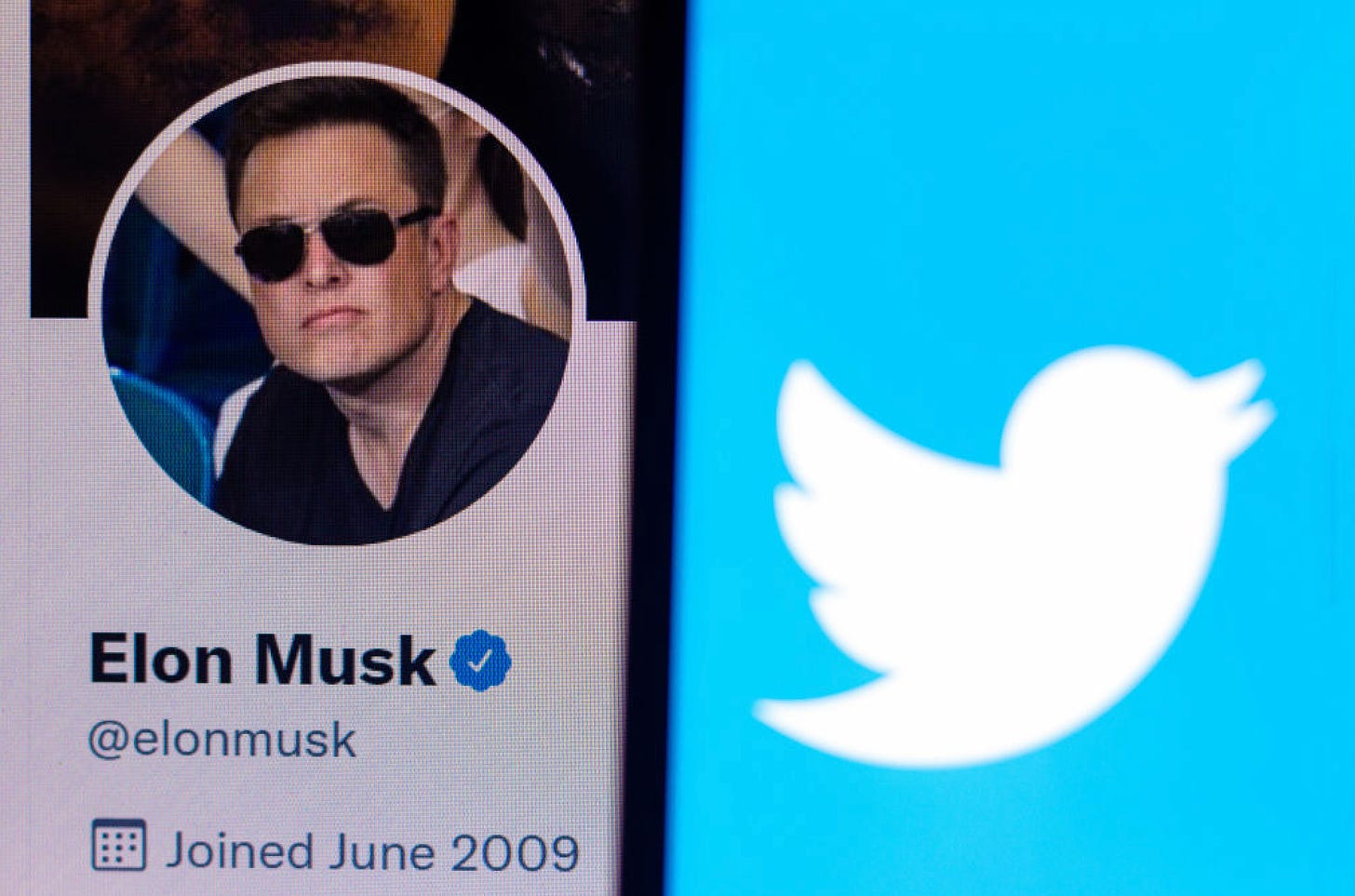Twitter’s Chickens Come Home to Roost
Twitter's Chickens Come Home to Roost
The Great Elon Musk panic of 2022 is revealing a big fat boatload of blue-check hypocrites
Elon Musk has reportedly attempted to purchase Twitter, and I have no idea whether his influence on the company would be positive or not.
I do know, however, what other media figures think Musk’s influence on Twitter will be. They think it will be bad — very bad, bad! How none of them see what a self-own this is is beyond me. After spending the last six years practically turgid with joy as other unaccountable billionaires tweaked the speech landscape in their favor, they’re suddenly howling over the mere rumor that a less censorious fat cat might get to sit in one of the big chairs. O the inhumanity!
A few of the more prominent Musk critics are claiming merely to be upset at the prospect of wealthy individuals controlling speech. As more than one person has pointed out, this is a bizarre thing to be worrying about all of the sudden, since it’s been the absolute reality in America for a while.
Probably the funniest effort along those lines was this passage:
We need regulation… to prevent rich people from controlling our channels of communication.
That was Ellen Pao, former CEO of Reddit, railing against Musk in the pages of… the Washington Post! A newspaper owned by Jeff Bezos complaining about rich people controlling “channels of communication” just might be the never-released punchline of Monty Python’s classic “Funniest Joke in the World”
Many detractors went the Pao route, suddenly getting religion about concentrated wealth having control over the public discourse. In a world that had not yet gone completely nuts, that is probably where the outrage campaign would have ended, since the oligarchical control issue could at least be a legitimate one, if printed in a newspaper not owned by Jeff Bezos.
However, they didn’t stop there. Media figures everywhere are openly complaining that they dislike the Musk move because they’re terrified he will censor people less. Bullet-headed neoconservative fussbudget Max Boot was among the most emphatic in expressing his fear of a less-censored world:
In every newsroom I’ve ever been around, there’s always one sad hack who’s hated by other reporters but hangs on to a job because he whispers things to management and is good at writing pro-war editorials or fawning profiles of Ari Fleischer or Idi Amin or other such distasteful media tasks. Even that person would never have been willing to publicly say something as gross as, “For democracy to survive, it needs more censorship”! A professional journalist who opposed free speech was not long ago considered a logical impossibility, because the whole idea of a free press depended upon the absolute right to be an unpopular pain in the ass.
Things are different now, of course, because the bulk of journalists no longer see themselves as outsiders who challenge official pieties, but rather as people who live inside the rope-lines and defend those pieties. I’m guessing this latest news is arousing special horror because the current version of Twitter is the professional journalist’s idea of Utopia: a place where Donald Trump doesn’t exist, everyone with unorthodox thoughts is warning-labeled (“age-restricted” content seems to be a popular recent scam), and the Current Thing is constantly hyped to the moronic max. The site used to be fun, funny, and a great tool for exchanging information. Now it feels like what the world would be if the eight most vile people in Brooklyn were put in charge of all human life, a giant, hyper-pretentious Thought-Starbucks.
My blue-checked friends in media worked very hard to create this thriving intellectual paradise, so of course they’re devastated to imagine that a single rich person could even try to walk in and upend the project. Couldn’t Musk just leave Twitter in the hands of responsible, speech-protecting shareholders like Saudi Prince Alwaleed bin Talal?





Post a Comment